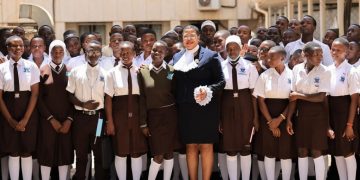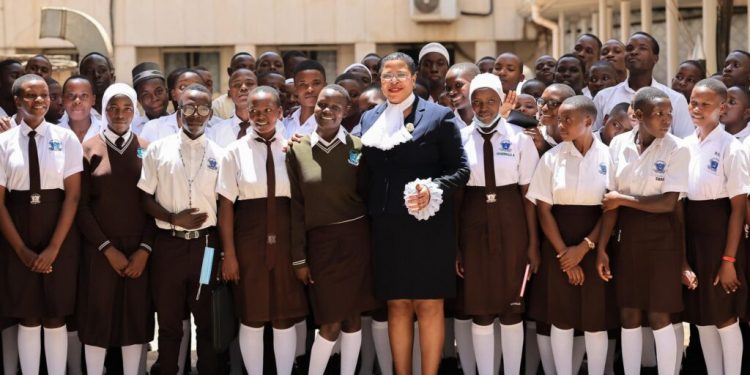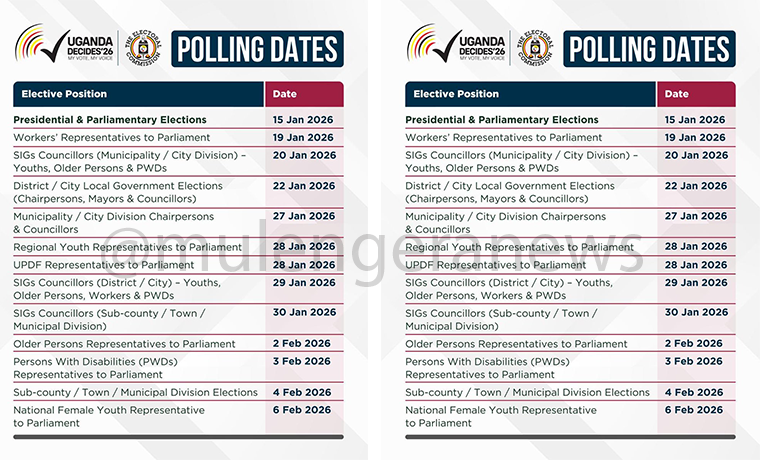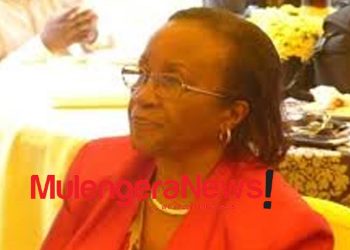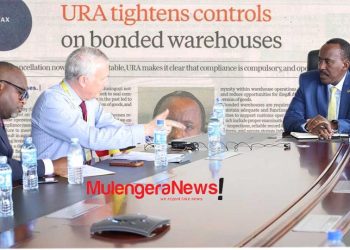By Mulengera Reporters
The Shadow Minister for Education, Joseph Ssewungu, has condemned the meagre capitation grant of UGX 17,000–20,000 per learner annually under Universal Primary Education (UPE), arguing that it has severely impacted the quality of education in government schools.
His concerns are highlighted in the 2025/26 Alternative Policy Statement for the Education and Sports Sector, which was tabled before Parliament on March 20, 2025. Ssewungu questioned why the government has maintained the same funding levels despite a surge in student enrolment.
“There has been a significant increase in enrolment under UPE, from 3.1 million learners in 1996 to over 8.6 million in 2025. Similarly, enrolment under Universal Secondary Education (USE) has risen from 1.2 million to 1.99 million. However, the government has continued to provide a capitation grant of only UGX 17,000–20,000 per pupil annually since 2019. This is inadequate for managing school operations and service delivery,” Ssewungu stated.
Ssewungu, who also serves as the MP for Kalungu West, emphasized that the Opposition’s priority is to increase the capitation grant to improve education quality, infrastructure, teaching resources, and student enrolment and retention rates.
High Pupil-Teacher Ratios
Another key concern raised in the Alternative Policy Statement is the severe shortage of teachers, which has worsened the teacher-pupil ratio. A review of 135 local governments found that:
Out of 111,101 approved primary school teaching positions, only 85,073 (77%) are filled, leaving a staffing gap of 26,028 (23%).
The recommended teacher-pupil ratio is 1:53, but in many schools, it stands at 1:75, making effective learning difficult.
Secondary schools face acute shortages of science and language teachers, with some schools recording teacher-student ratios as high as 1:100.
Public universities are also underfunded, with staffing levels below 50%. For instance, Lira University has only one professor. “Recruiting more teachers will reduce the workload on overstretched staff and improve the teacher-student ratio,” Ssewungu said.
Poor Infrastructure
The Opposition also plans to address the lack of learning materials, particularly in lower secondary schools, where textbooks and teacher guides for Physics, Chemistry, and Kiswahili are insufficient. “The lack of standardized textbooks has led to inconsistencies in the information students receive. The recommended learner-to-book ratio is 1:2, but in many schools, it is 1:6, limiting access to essential learning materials,” Ssewungu noted.
In addition, the poor state of school infrastructure—especially ICT facilities and laboratories—has further hampered education. Many schools lack electricity, making it difficult to integrate computer studies. Even schools connected to the power grid have too few computers, often shared at a ratio of 1:12, with limited internet access due to high costs.
“Most public schools cannot afford to equip their laboratories adequately, leading to poor performance in science subjects,” Ssewungu added.
Opposition to Prioritize Equal Funding
Meanwhile, the Shadow Minister for Sports, Kayemba Ssolo, has vowed to advocate for equal allocation of resources across all sports disciplines, ending the dominance of football funding. “Football has disproportionately received the bulk of government funding, leaving other sports like netball (UGX 265 million), boxing, volleyball, swimming, and rugby underfunded, despite their national and international importance,” Kayemba said.
To promote sports development, the Alternative Policy Statement emphasizes the professionalization of Uganda’s sports sector by ensuring continuous training for coaches and trainers. “Budget cuts have left many trainers unable to upgrade their skills, affecting their credibility and demotivating them. Investing in their training will improve their ability to identify and nurture talent,” Kayemba argued.
He emphasized that a well-trained sports workforce is essential for improving management standards, athlete performance, and international competitiveness. “A strong human resource base is the backbone of a thriving sports industry. This Alternative Policy prioritizes investing in personnel to elevate Uganda’s sports sector to global standards,” Kayemba concluded-Parliament watch. (For comments on this story, get back to us on 0705579994 [WhatsApp line], 0779411734 & 041 4674611 or email us at mulengeranews@gmail.com).
